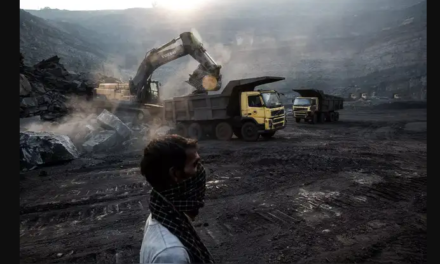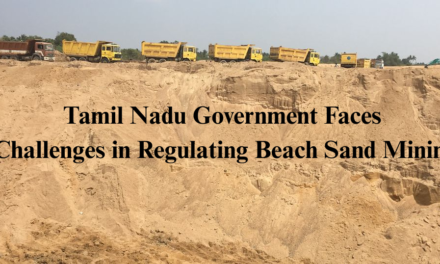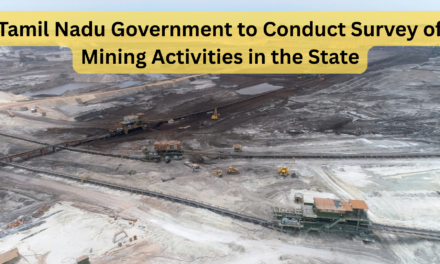Biomining and the reclamation of legacy waste dumps in Tamil Nadu have faced significant delays, hindering effective waste management and environmental restoration. For instance, the Perungudi dumpyard in Chennai has experienced a five-month hiatus in biomining activities, with machinery remaining idle and over 100 acres of the site untouched. This stagnation has led to the daily addition of 2,500 tonnes of fresh waste, exacerbating environmental concerns and encroaching upon surrounding marshlands.
Statewide, over 200 biomining projects have been initiated, but many lack proper management systems, machinery, and treatment facilities to meet National Green Tribunal (NGT) deadlines. The absence of a centralized project approval system and inadequate waste stabilization methods have contributed to the delays. Notably, the Vellalore dumpyard in Coimbatore has been a source of persistent fires and health hazards, with the biomining project only 40% complete as of 2022, despite a deadline extension to March 2023.
In Ariyalur, a Rs 114-crore biomining project was expected to commence by December 2022 to address waste accumulation in a 2.5-acre dumpyard. However, the project faced delays, highlighting challenges in timely implementation.
The Neduvasal dumpyard in Perambalur district has also experienced a three-year delay in its biomining project, prompting local residents to demand immediate action to prevent further waste accumulation.
These delays underscore the need for improved project management, adequate funding, and efficient implementation strategies to ensure the successful biomining and reclamation of waste dumps across Tamil Nadu.







